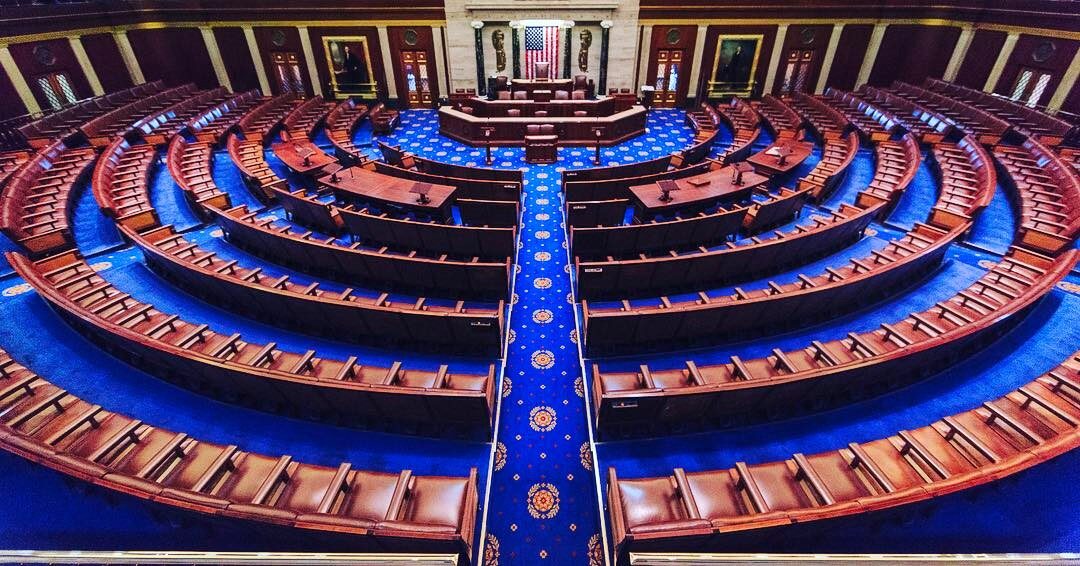As of 2:53 AM, Connecticut became the third state in recent months to take apart the foundational policy for rooftop and other forms of customer-owned solar in the United States: net metering.
During the very late-night session, the Connecticut House voted 100-45 to approve Senate Bill 9, which passed the Senate 29-3 earlier this week. The bill would create a system where customers have one of two options for their residential PV systems (see “residential tariffs”), either a buy-all, sell-all option, or an option wherein all electricity exported an not used in “real time” is credited at an export rate. Utilities would set the new rates for all electricity exported from distributed solar projects, based on auctions.
Perhaps the most damning aspect of this bill for the economics of rooftop solar is that export will be calculated in “real time”, one day, or a fraction of day. If calculated in shorter time periods, this could mean that unlike net metering daytime production from PV would not be able to be used to offset evening demand at the same rate.
The bill technically ends new opportunities to participate in net metering when the state’s residential solar investment program expires, except that regulators have the option of setting new rates before then. It disappears as an option for other customers when the Public Utilities Regulatory Authority (PURA) develops new rates.
Customers who have solar installed before the changes take place will stay under net metering through the end of 2039.
The bill also extends Connecticut’s renewable energy mandate to 40% by 2030; however by destroying the economics of rooftop solar it makes it less likely that such a mandate can be met with in-state generation.
The bill now heads to the dest of Governor Dannel Malloy (D). As Malloy’s office introduced the bill, he is expected to sign it.
This action by Connecticut to murder its distributed solar industry follows similar actions by Michigan and Maine, in what has been a very bad start to 2018 for net metering in the United States.
This content is protected by copyright and may not be reused. If you want to cooperate with us and would like to reuse some of our content, please contact: editors@pv-magazine.com.









Very surprised that Connecticut, a state that prides itself in being progressive (or used to) would attempt to restrict new solar roof top installations when southern states, which often are generally more conservative are promoting solar.
This article again reinforces our move last year from CT to NC as a positive step toward retirement.
CT has never been progressive – liberal? oh yes and becoming more so!
Isn’t interesting to note the liberal state is not too progressive or smart!
And as the 3rd largest per capita income I the USA they really have no excuses!